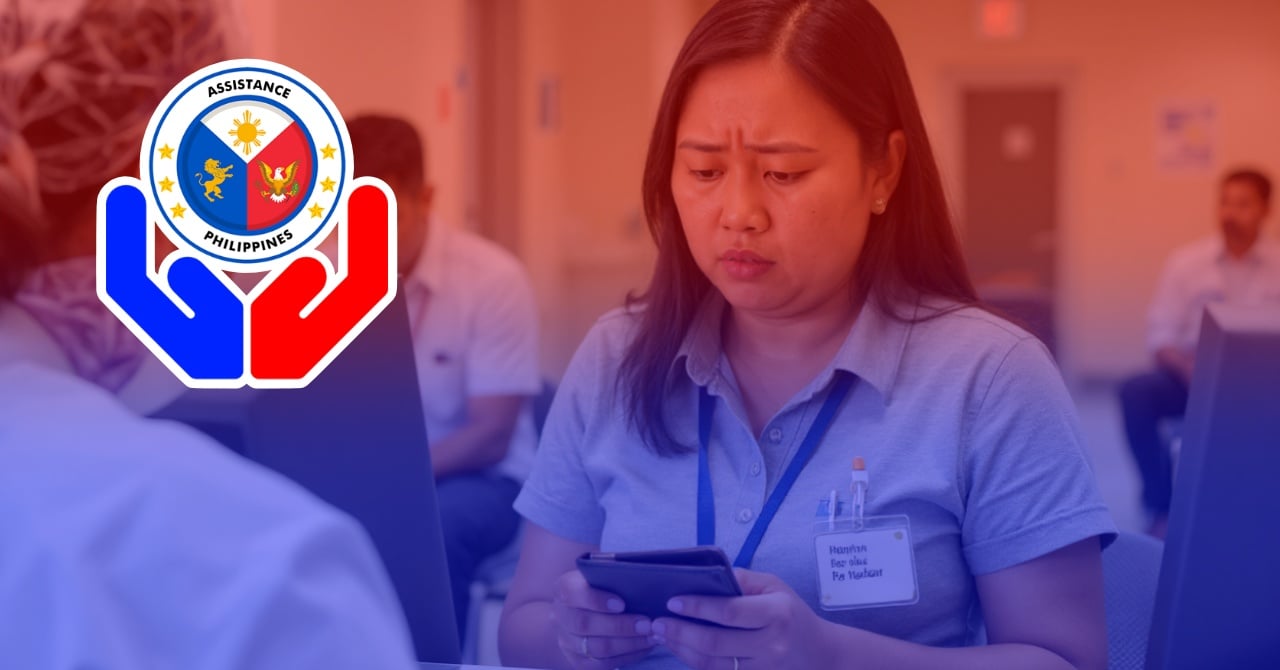Ask any other Filipino who’s been hospitalized in the Philippines on what they dreaded most about the experience and they’ll tell you: the cost. For many, the thought of needing cash upfront in a life-or-death situation is just as terrifying as the emergency itself.
Thankfully, there’s a law that says no patient should be turned away just because they can’t afford a deposit.
That law is Republic Act No. 10932, also known as the “Strengthening the Anti-Hospital Deposit Law” It protects patients’ rights by banning hospitals and clinics from demanding advance payments before providing life-saving emergency care.

What the Hospital Deposit Ban Covers
Under RA 10932, it is unlawful for any hospital or clinic to:
- Request or accept deposits before treating patients in emergency or serious conditions
- Delay or deny care that could prevent death, permanent disability, or harm to a pregnant woman or her unborn child
If a hospital can’t provide the needed treatment, it must:
- Stabilize the patient first
- Get proper consent
- Arrange a transfer to another facility without requiring payment
The receiving hospital also cannot deny admission or ask for a deposit before treating the patient.
Your Rights Under RA 10932
Whether you’re in a public or private facility, this law guarantees:
Right to Immediate Emergency Care
You should receive prompt attention—without having to pay first.
Protection for the Poor and Indigent
- PhilHealth is required to reimburse hospitals for emergency care costs
- PCSO must offer medical assistance to cover these needs
Right to Informed Transfer
Hospitals can’t move you to another facility without:
- First stabilizing your condition
- Getting your consent or that of your next of kin
Transparency in Hospitals
Hospitals must display posters or signages about this law in emergency rooms and admission areas so patients know their rights.
Penalties for Hospitals That Break the Law
Violating RA 10932 comes with serious consequences:
For Individuals (Doctors, staff, or any hospital employee)
- Imprisonment: 6 months and 1 day to 2 years and 4 months
- Fine: ₱100,000 to ₱300,000—or both
For Hospital Management or Policy Makers
- Imprisonment: 4 to 6 years
- Fine: ₱500,000 to ₱1,000,000—or both
License Revocation
If a facility violates the law three times, the DOH can revoke its license to operate.
Automatic Liability
If a patient’s condition worsens or results in death due to denial of care, the hospital is presumed liable, unless proven otherwise.
Where to Report Violations
While RA 10932 does not provide a national hotline, it does establish a clear reporting and accountability structure:
Who Handles Complaints?
The Health Facilities Oversight Board, under the DOH, investigates violations. This board includes representatives from:
- Department of Health (DOH)
- PhilHealth
- Philippine Medical Association (PMA)
- Private hospitals and clinics
- Patient rights advocacy groups
How to File a Complaint
You or a representative can:
- File directly with the DOH Health Facilities and Services Regulatory Bureau (HFSRB)
- Visit your local DOH regional office or LGU health unit
- Contact the barangay or city health officer for assistance
Pro Tip: Keep a record of what happened—names, dates, and any receipts or recordings. Documentation helps strengthen your case.
Frequently Asked Questions (FAQs)
Q1: What if I don’t have money—can a hospital still refuse to admit me?
No. Under RA 10932, hospitals and clinics cannot require deposits or advance payments before giving emergency care. It’s illegal to delay or deny treatment in life-threatening situations.
Q2: Does this apply to private hospitals too?
Yes. The law applies to all hospitals and medical clinics, whether public or private.
Q3: What if the hospital says they don’t have enough equipment to treat me?
They must still stabilize you first, then arrange for your safe transfer with your consent. The receiving hospital also cannot require a deposit before giving treatment.
Q4: How do I report a hospital that refused to treat someone without payment?
You can file a complaint with the Health Facilities Oversight Board under the DOH or report to your local DOH regional office. Include details like the date, names involved, and any documentation.
Q5: What if the hospital displays the law but still asks for a deposit?
That’s a clear violation. Take note of the signage and the demand, then file a complaint. You can also notify local media or seek legal help through public defenders or health rights groups.
Final Thoughts
Emergencies are stressful enough—you shouldn’t have to worry about being turned away because you don’t have cash on hand.
Thanks to RA 10932, hospitals are legally obligated to put emergency care first and payment later. It’s a law that saves lives by removing financial barriers when every second counts.
If you or someone you know is ever denied treatment due to lack of deposit, speak up, report it, and seek help. Because when it comes to your health, your right to care comes before any bill.
